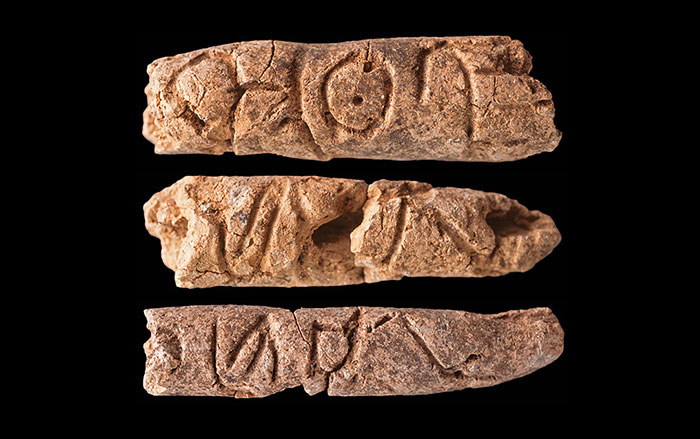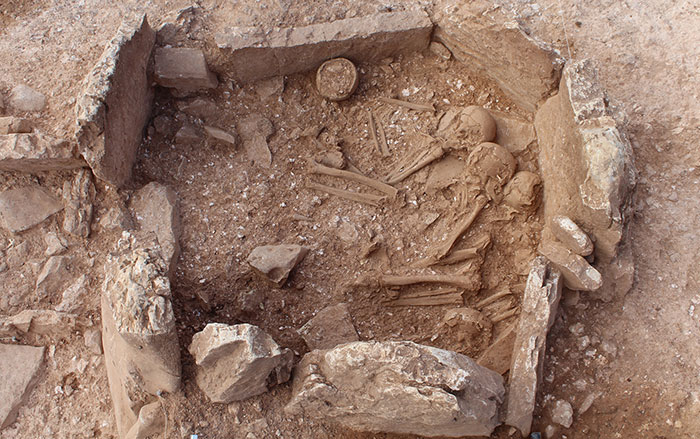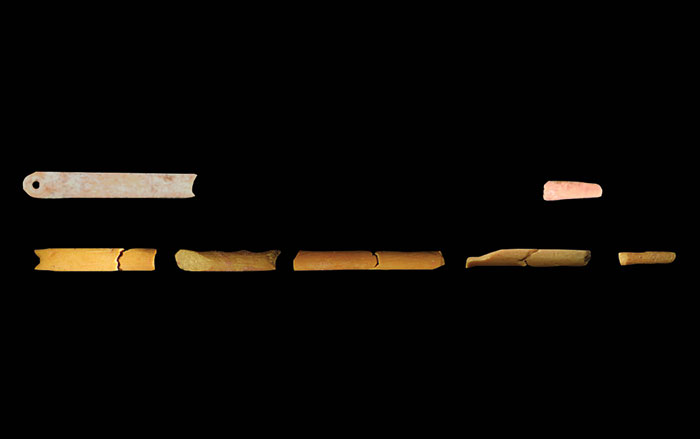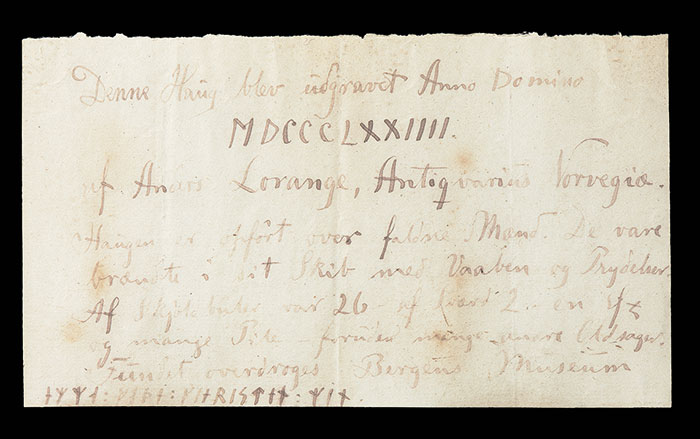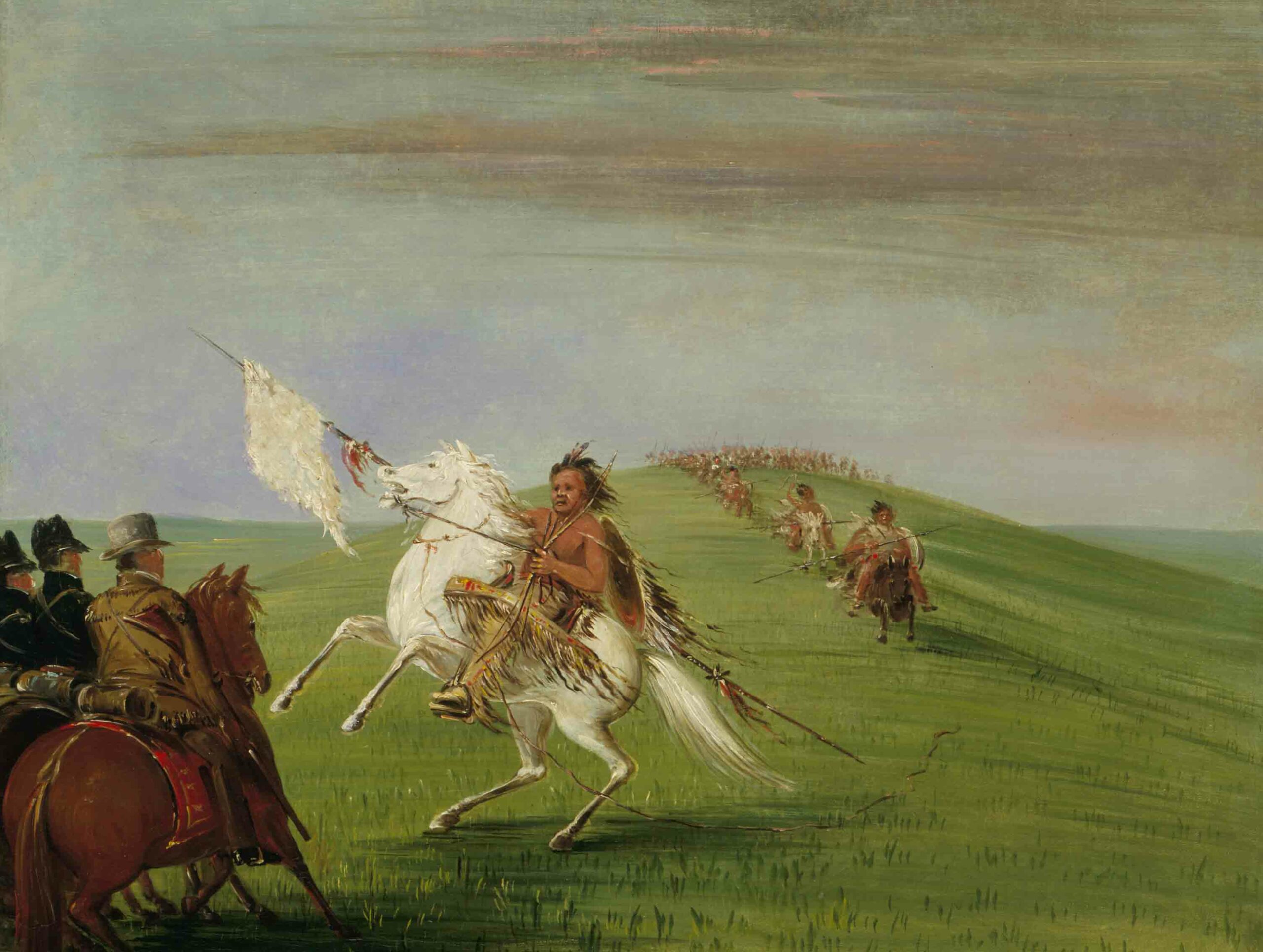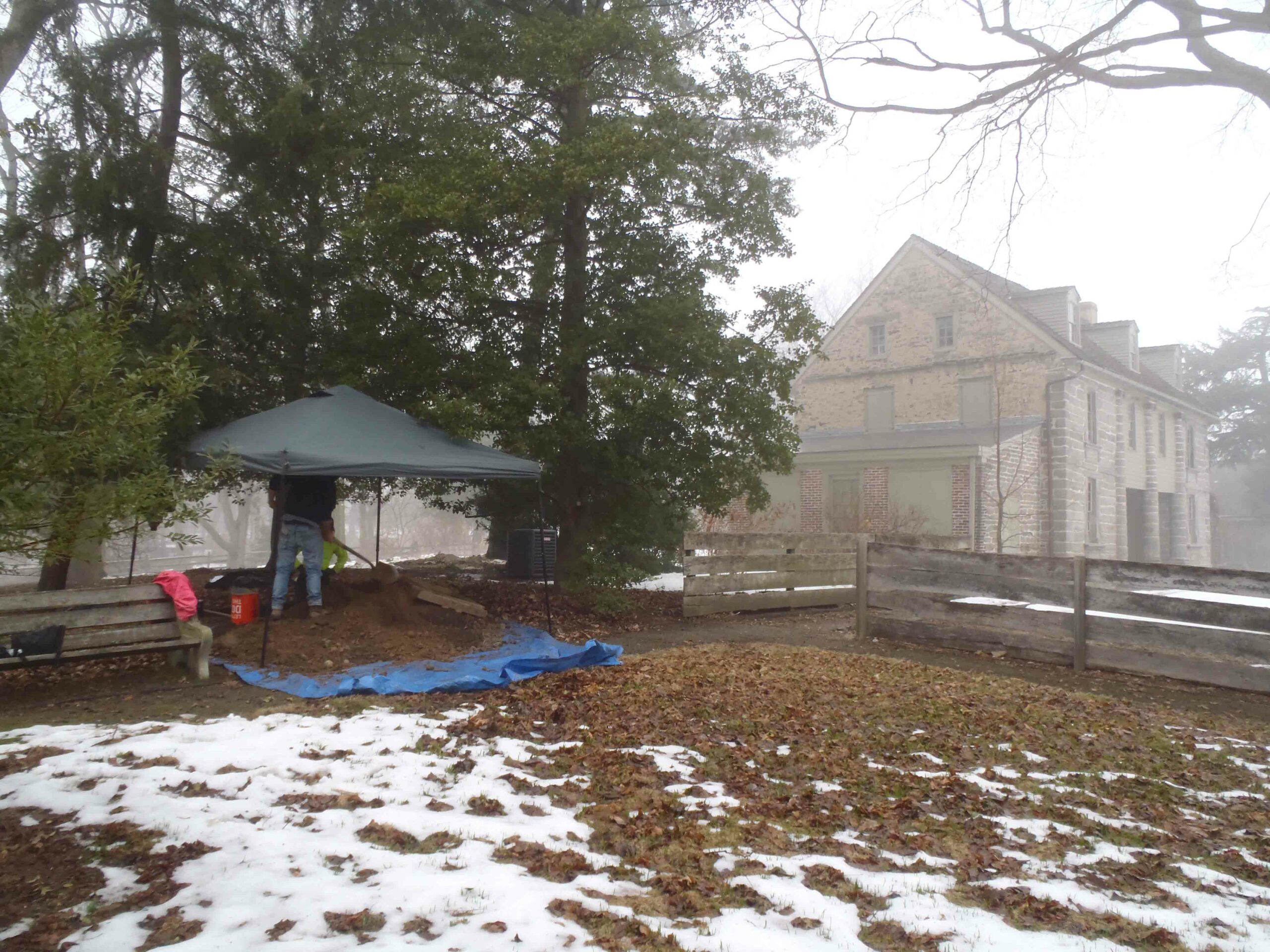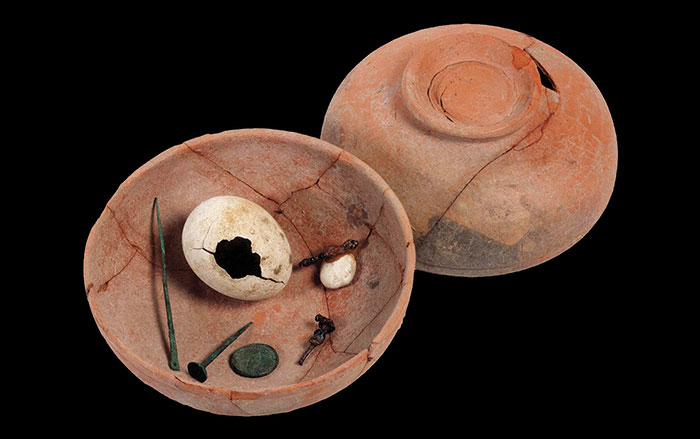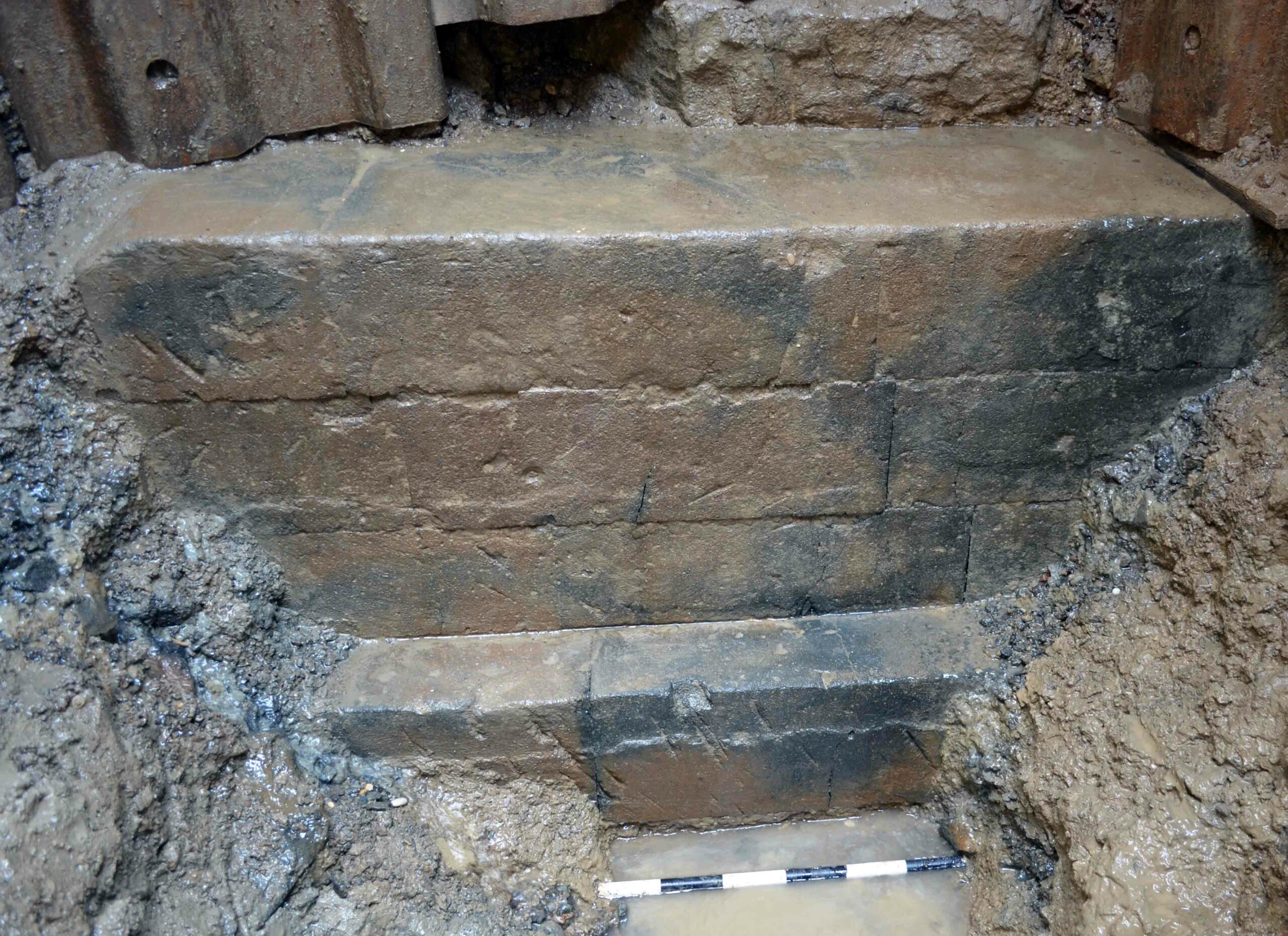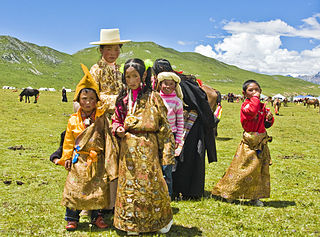
BERKELEY, CALIFORNIA—A gene variant that helps Sherpas and other Tibetans breathe at high altitudes was inherited from the Denisovans, according to a new study conducted by an international team of scientists. Tibetans have less hemoglobin in their blood, and are able to use smaller amounts of oxygen efficiently. The scientists sequenced a gene called EPAS1, which regulates the production of hemoglobin in the body, in 40 Tibetans and 40 Han Chinese. (Their ancestors split into two groups sometime between 2,750 and 5,500 years ago.) Population geneticist Rasmus Nielsen and Emilia Huerta-Sanchez of the University of California, Berkeley, analyzed the DNA and found that the Tibetans and two of the Han Chinese had a segment of the gene in which five letters of the code were identical. That particular code, however, was not found in anyone else from around the world who had participated in the 1000 Genomes Project. When compared to the genomes of archaic humans, the sequences of the Denisovan and Tibetan segments were a close match. The team thinks that the gene segment survived in Tibetans through natural selection because it helped them adapt to high-altitude life on the Tibetan plateau. “Modern humans didn’t wait for new mutations to adapt to a new environment. They could pick up adaptive traits by interbreeding,” Nielsen told Science Now.


